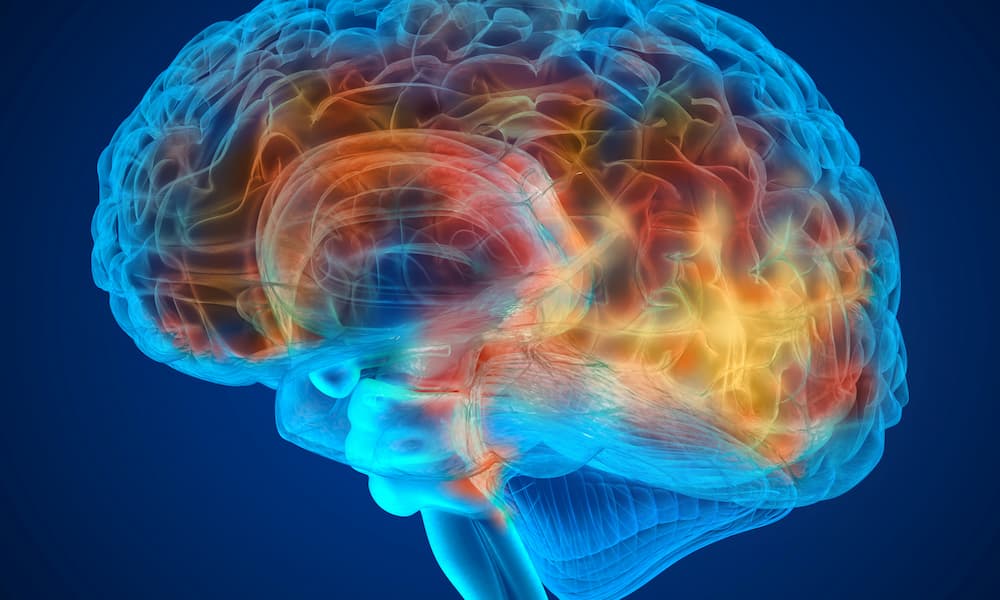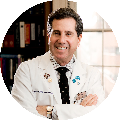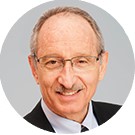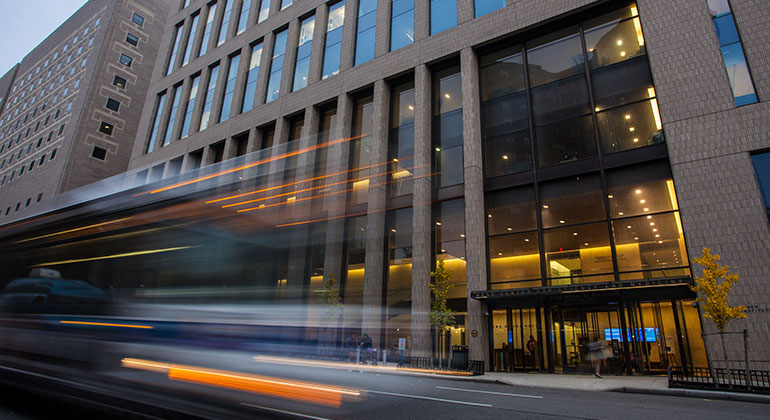mr peabody
Bluelight Crew
- Joined
- Aug 31, 2016
- Messages
- 5,714

by Patrick Ryan | The Dales Report | 25 Jan 2022
The FDA has approved the use of MindMed’s MM-120 to treat generalized anxiety disorder. This is important news for psychedelic investors as MindMed is a publicly traded company with the symbol of MNMD on the NASDAQ. MindMed also trades on the NEO exchange under the symbol of MMED. The hope is that MindMed’s MM-120 will help the clinical stage biopharma business treat individuals saddled by brain disorders and other pathologies.
Announcement Details
The FDA’s approval of MindMed’s IND application, short for investigational new drug, will set the stage for the use of the business’s phase 2 MM-120 trial. This is a dose-optimized trial designed to treat general anxiety disorder, often referred to with the acronym of GAD.
The clinical hold applied to the IND was officially lifted this past week after the company responded to requests for additional information regarding monitoring protocols for patients during the ensuing study. MindMed is now working hand-in-hand with the study’s investigators along with clinical trial sites to fast-track enrollment. If everything goes as planned, the study will commence at the start of ’22.
The clearance provided by the FDA for the second phase of the clinical trial is a significant event for MindMed as well as the overarching psychedelics industry. The trial is important as it is the first-ever commercial analysis of the use of LSD in four decades. The study expands on discussions held with the FDA, providing an opportunity to delve into the mitigation of patient anxiety symptoms after one use of MM-120.
The trial’s results will also help provide clarity in regard to dose selection and the development of strategies for the clinical trials in the all-important third clinical trial. Making the study even more meaningful is the fact that it will enhance the scientific understanding of the clinical impact of MindMed’s MM-120 along with the drug’s underlying qualities.
The clinical hold applied to the IND was officially lifted this past week after the company responded to requests for additional information regarding monitoring protocols for patients during the ensuing study. MindMed is now working hand-in-hand with the study’s investigators along with clinical trial sites to fast-track enrollment. If everything goes as planned, the study will commence at the start of ’22.
The clearance provided by the FDA for the second phase of the clinical trial is a significant event for MindMed as well as the overarching psychedelics industry. The trial is important as it is the first-ever commercial analysis of the use of LSD in four decades. The study expands on discussions held with the FDA, providing an opportunity to delve into the mitigation of patient anxiety symptoms after one use of MM-120.
The trial’s results will also help provide clarity in regard to dose selection and the development of strategies for the clinical trials in the all-important third clinical trial. Making the study even more meaningful is the fact that it will enhance the scientific understanding of the clinical impact of MindMed’s MM-120 along with the drug’s underlying qualities.
MindMed’s Statement
The Chief Executive Officer and Director of the company, Robert Barrow, publicly commented on the announcement. Barrow stated that the clear regulatory path sets the stage for MindMed to gain steam and expedite the trial, ultimately bringing the company that much closer to developing alternative treatment modalities that dramatically alter the landscape of medical treatment for individuals plagued by anxiety.
Study Details
MindMed’s study MMED008 is a double-blind, randomized, multicenter, dose-optimized and placebo-controlled phase 2 trial. The trial focuses on patients with GAD, short for generalized anxiety disorder. The trial will focus on 200 individuals provided with one dose of MM-120. Some of the study participants will be provided with a placebo.
The aim of the study is to gauge if the treatment modality reduces anxiety symptoms for upwards of three months after one dose. This dosage level will be compared to that of five unique treatment arms.
The aim of the study is to gauge if the treatment modality reduces anxiety symptoms for upwards of three months after one dose. This dosage level will be compared to that of five unique treatment arms.
MM-120 Details
MM-120 is the company’s proprietary drug. This drug is an optimized form of LSD created to treat brain-based disorders along with GAD. LSD was initially synthesized in the late 30s yet its psychoactive properties were not identified in until the early 40s. Though few know it, psychiatrists used LSD in the 50s and 60s to obtain valuable insight into brain health and facilitate the treatment modality of psychotherapy.

Patrick Ryan
Patrick graduated from Tulane University with degrees in sociology and political science. He also studied economics at Boston University and Tulane University. Patrick holds an ABA-approved paralegal certificate in addition to his undergraduate degrees.
*From the article here :

 thedalesreport.com
thedalesreport.com

Patrick Ryan
Patrick graduated from Tulane University with degrees in sociology and political science. He also studied economics at Boston University and Tulane University. Patrick holds an ABA-approved paralegal certificate in addition to his undergraduate degrees.
*From the article here :

MindMed Obtains FDA Clearance For The Use Of MM-120
The Food and Drug Administration has approved the use of MindMed’s MM-120 to treat generalized anxiety disorder.
 thedalesreport.com
thedalesreport.com
Last edited:


















